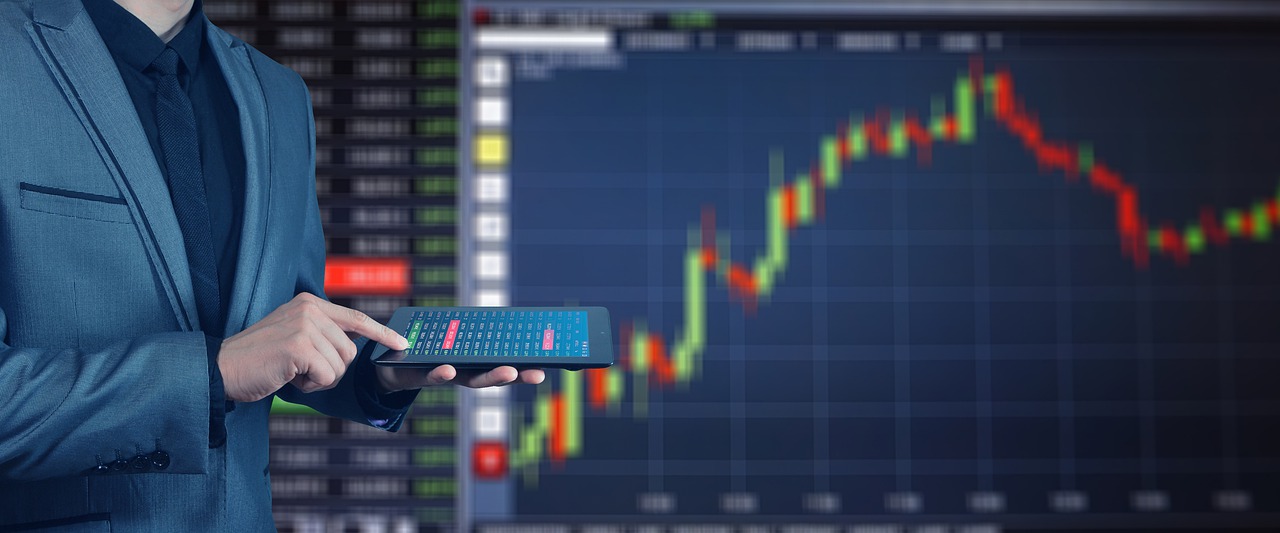The following is a media release from Sen. Elizabeth Warren’s office. She was elected by voters in the Commonwealth of Massachusetts to serve the state in Washington DC in the US Senate. She is a Democrat.
***
[broadstreet zone=”53820″]
WASHINGTON DC – United States Senators Elizabeth Warren (D-Mass.), Sherrod Brown (D-Ohio), and Chris Van Hollen (D-Md.), members of the Senate Committee on Banking, Housing, and Urban Affairs, sent a letter to the Securities and Exchange Commission (SEC) urging the agency to review and consider reforming policies regarding 10b5-1 plans, which are designed to prevent insider trading.
Their letter raises new evidence indicating that executives are abusing these plans to obtain huge windfalls at the expense of ordinary investors.
In 2000, the SEC created the 10b5-1 “safe harbor” in order to allow corporate executives, who often have continuous access to material nonpublic information, to sell their holdings without engaging in insider trading. Research, however, suggests that initial trades set up by 10b5-1 plans often appear to be based on material nonpublic information, and executives can and do modify or cancel their plans in response to inside information in order to increase their own profits.
[broadstreet zone=”59945″]
A recent study found that “public companies disproportionately disclose positive news on days when corporate executives sell shares under predetermined 10b5-1 plans,” especially in the pharmaceutical industry.
On the same day that Pfizer announced that its vaccine for the novel coronavirus (COVID-19) was found to be more than 90% effective in clinical trials, Pfizer CEO Albert Bourla sold more than 60% of his personal shares in the company under his 10b5-1 plan, valued at about $5.6 million. Experts have raised concerns that this type of activity can affect public confidence in the vaccines themselves.
“These abuses, and the plans’ lack of transparency, damage investors and risk undermining public confidence,” wrote the senators. “The misuse of 10b5-1 plans appears to be creating significant disadvantages for other investors.”
[broadstreet zone=”59947″]
Although trades made under 10b5-1 plans are intended to be set months in advance, it is not unusual for the plans to be modified days or hours before a major public announcement. These short-term trades undermine the purpose of the 10b5-1 provision by eliminating the distance between the executive’s access to inside information and their transactions.
Concerns about this use of 10b5-1 plans led the former SEC Chair to call for a “cooling-off period” of four to six months between the adoption of a 10b5-1 plan and the execution of its first trade. The SEC has yet to take action on such a cooling-off period, which would mark a significant change, affecting 70% of plans adopted from 2016 to 2019.
[broadstreet zone=”59948″]
The lawmakers call on the SEC to address these abusive practices and suggest several remedies, including:
- The former SEC Chair’s recommendation of a four-to-six month “cooling off period” between adoption or amendment of a plan before trading under the plan may begin or recommence would reinforce the intention to separate executives’ decisions to sell their holdings from their knowledge of immediately forthcoming events.
- The content of 10b5-1 plans, as well as trades that are made pursuant to such plans, should be disclosed to the SEC and the public so that other shareholders can factor in the degree to which stock prices are influenced by corporate executives’ plans.
- The SEC should also enforce existing filing deadlines to ensure that the public is not kept in the dark for weeks after executives’ trades are initiated. The agency has a responsibility to ensure that forms disclosing 10b5-1 adoption dates are posted in the public EDGAR database.
- The SEC should explore options to better align executives’ incentives with those of shareholders and the public by considering enforcing penalties when executives benefit from short-term windfalls that do not translate into long-term gains.
“In addition to harming ordinary investors, the abuse of 10b5-1 plans and the short-term, windfall profits obtained by insiders through abuses of these plans undermine public confidence in open, fair markets and the products they create,” the senators concluded, calling on the SEC “to reexamine its policies regarding 10b5-1 plans to improve transparency, enforcement, and incentives, to ensure that these plans increase fairness and trust.”
The lawmakers have requested that the SEC respond to a series of questions about the SEC’s current oversight and enforcement activities regarding 10b5-1 plans no later than February 22, 2021.


